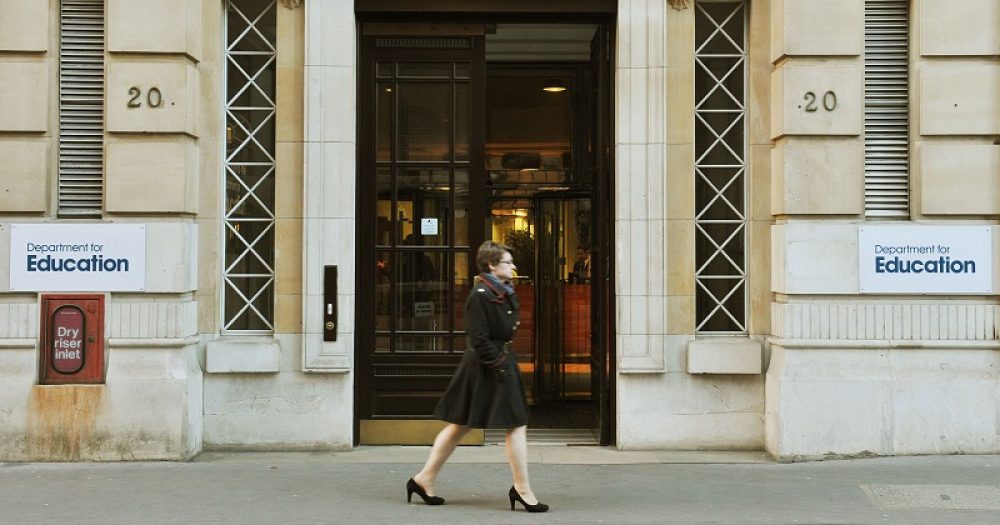Schools lack the “moral accountability” to look after challenging pupils, and must be made more accountable for the children they exclude, an influential group of MPs has said.
The parliamentary education committee warned today that rising numbers of children are being denied the education they deserve as a result of increasing exclusions, illegal off-rolling and poor-quality alternative provision.
According to the most recent figures, exclusion rates have risen for three years in a row.
Now the committee’s findings prompted renewed calls for a “bill of rights” for excluded pupils, including measures to hold schools’ feet to the fire over their use of exclusion.
The committee’s inquiry into exclusions and the quality of alternative provision found that vulnerable pupils are being “disproportionately” excluded, in part as an “unintended consequence” of new government performance measures.
For example, the introduction of progress 8, which rates pupils’ improvement between key stages 2 and 4, means it is now often “easier and cheaper” for schools to move under-performing pupils elsewhere than invest time and money on boosting their progress.
Once they are excluded, disadvantaged pupils then often face the double whammy of attending mediocre alternative provision.
“Today, we face the scandal of ever-increasing numbers of children being excluded and being left abandoned to a forgotten part of our education system which too often fails to deliver good outcomes for these young people,” said committee chair Robert Halfon.
“The young people who are excluded are the forgotten children. Many already face a host of challenges, with children in care, children in need, children with SEND, and children in poverty, being far more likely to end up in alternative provision (AP). They deserve the best possible support but often they don’t get the education that they need to thrive.”
MPs also raised concerns about “off-rolling”, an illegal practice where pupils are taken off a school roll without being officially excluded.
These practices are “in part driven by school policies created by the Department for Education”, said the committee, which called for a change to the weighting of progress 8 and other accountability measures so schools are measured based on every pupil who has spent time at the school, rather than just those still on roll by year 11.
This would disincentivise schools from moving a pupil before their GCSE year, a practice found to have affected thousands of pupils just last year.
MPs also warned that strict “zero-tolerance” approaches to behaviour should be investigated by the government, amid concerns that pupils are being suspended or excluded for transgressions that “could and should” be managed in the mainstream school environment.
Paul Whiteman, general secretary of the National Association of Head Teachers, said the decision to exclude a student “is never taken lightly and always as a last resort”.
“School leaders need the autonomy to decide when and how to exclude students to protect the health, safety, education or well-being of other pupils and staff in the school.
“This is an area where prevention is better than cure, but school budgets are at breaking point so many of the measures that schools take to ensure good behaviour and adequate support for pupils are under threat. Schools can’t do it on their own. To avoid exclusions, they need support from the other local services around them.”
Nick Gibb, schools minister, said the number of pupils being excluded was still lower than 10 years ago but “should only ever be used as a last resort.”
“We are taking a range of actions to drive up the quality of alternative provision, and have launched an external review to look at how exclusions are used and why certain groups are disproportionately affected.”
The DfE will be considering the recommendations made by the committee.
Further recommendations
- Investigate the use of isolation units, where pupils are left for the whole of the school day
- Issue guidance to schools reminding them of their responsibilities towards all children, and ensure behaviour policies fit these responsibilities
- Give clearer guidance on fair access protocols, which state that excluded pupils should be re-integrated into mainstream schools
- The ongoing Timpson review into exclusions should check whether certain types of schools, in certain locations, are more likely to use off-rolling








Your thoughts